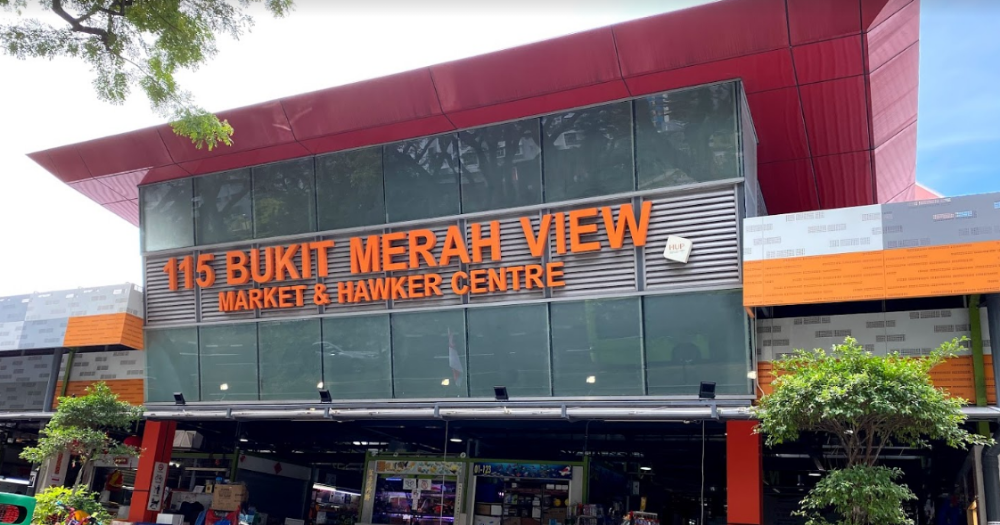Follow us on Telegram for the latest updates: https://t.me/mothershipsg
The multi-ministry task force (MTF) provided an update on the Bukit Merah View cluster and explained the chain of transmission that caused the cluster to form in a press conference today (June 24).
Director of Medical Services Kenneth Mak said that the Bukit Merah View cluster begin from the index case of a sundry stall owner in the 115 Bukit Merah View market and food centre.
He added that it has since spread to other stall owners and tenants, who then spread the Covid-19 virus within the households and social contacts.
More than half of Bukit Merah View cluster unvaccinated
As of June 23, there are 82 cases involved in this particular cluster.
36.7 per cent of the cases were fully vaccinated, while 51.1 per cent of the cases in the cluster were not vaccinated.
47 per cent of the cases are "well over age of 60", and of those who were elderly and vaccinated, the majority were mildly symptomatic or asymptomatic.
As of June 23, all five cases in the ICU were unvaccinated.
"It reinforces our concern that those who are not vaccinated if infected may get [a] more aggressive course of disease or more severe course of disease may require oxygen supplementation or even ICU care," Mak said.
Community clusters being monitored, household transmission decreasing
Mak also spoke on the community clusters that they are currently monitoring.
He highlighted the common modes of transmission, with Covid-19 initially spreading in the workplace, such as F&B outlets, office settings, and within delivery riders.
There was a secondary spread that took place within households and close contacts as well.
He notes that there is the presence of other clusters in the vicinity, including those in Tiong Bahru, but they are waiting for phylogenetic testing to confirm if they are linked to the main Bukit Merah cluster.
"Wastewater testing that allows us to understand where there might be cryptic chains of transmission occurring within the area," he said.
Aggressive testing, finding cases sooner
As part of heightened community surveillance, at least 219,000 tests have been carried out in various areas, including dormitories, workplaces and the community.
Community cases have increased in the past week compared to the week before, but the proportion of unlinked cases has dropped, Mak noted.
In the past week, 21 per cent of cases are unlinked cases, compared to 25 per cent the week before.
Mak highlights that household transmission also appears to be decreasing, with those that were detected on entry into quarantine has also further decreased from 18.8 per cent on June 16 to 5.5 per cent on June 22.
"This suggests that we are getting more cases more quickly as a result of the aggressive testing that we've been doing", he said.
Mak mentioned that if no more cases are detected, three of 10 clusters may close by the end of June.
Top image from Google Maps.
If you like what you read, follow us on Facebook, Instagram, Twitter and Telegram to get the latest updates.
